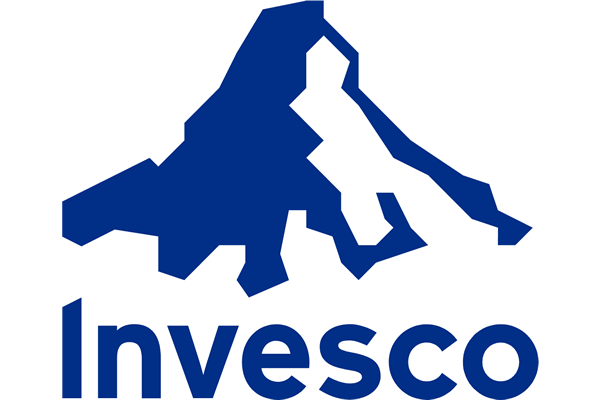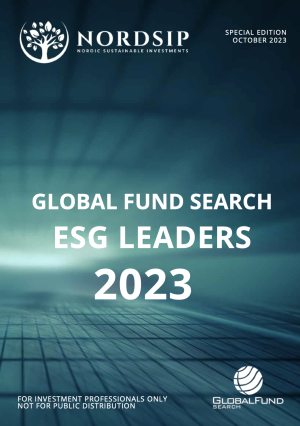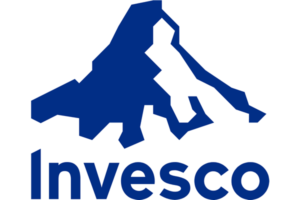A leading Investment Manager with Sustainability Expertise
Ranked among the world’s largest asset managers with more than $1.1 trillion assets under management (€1.1 trillion), Natixis Investment Managers delivers a diverse range of solutions across asset classes, styles, and vehicles, including innovative environmental, social, and governance (ESG) strategies and products dedicated to advancing sustainable finance. With more than €479 billion assets under management in responsible, sustainable and impact investments, we’re one of the top active managers in the world.
Our Sustainable Investing Approach: One Goal, Many Paths
At Natixis Investment Managers, we bring experts together because we believe it is the best way to solve the key challenges facing investors. That includes experts in responsible, sustainable and impact investing from more than 15 high-conviction affiliated managers, each with its own unique culture, investment style and DNA. This expert collective provides investment solutions across all asset classes to help investors allocate capital towards climate transition and natural capital, as well as identifies risks and opportunities among a wide range of other sustainability themes such as biodiversity, water, social, health, nutrition, digital and robotic.
We engage with our clients in order to understand their unique sustainability needs, help them navigate complexity, turbulences and challenges, and to accompany them at every step of their sustainable journey, as a trusted and strategic sustainable expert and partner. We certainly don’t have all the answers, but we do have a sustainable investing legacy that stretches all the way back to 1984, a deep understanding of the complexity confronting investors and a large offering across equities, fixed income, multi-asset, private assets and liquid alternatives.
Our Framework For Sustainable Investing
Our framework divides the sustainable investing universe into three broad categories – responsible, sustainable and impact strategies and is designed to help clients better navigate the ever-expanding sustainable investing universe
- Responsible: Aim to deliver ESG performance by integrating binding ESG factors for risk-adjusted return perspective
- Sustainable: Aim to deliver sustainable outcomes by investing E or/and S related sustainability themes
- Impact: Aim to deliver a positive, meaningful, and measurable S and/or E impact to the world and the society alongside a financial return
From responsible to sustainable to impact managers, we believe our multi-affiliate model is uniquely positioned to meet our clients’ needs wherever they are on their sustainable investing journey.



















